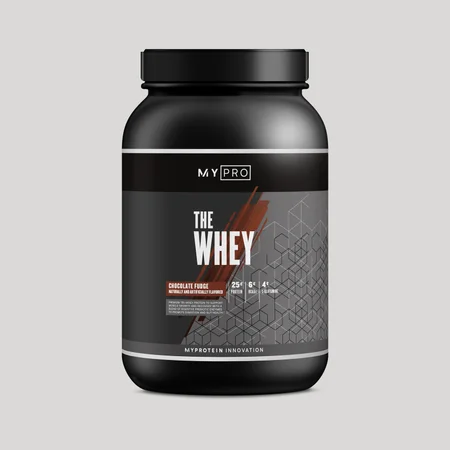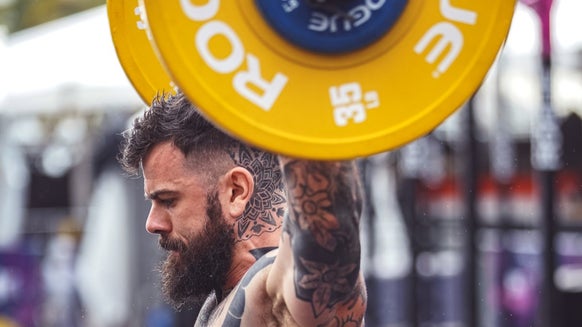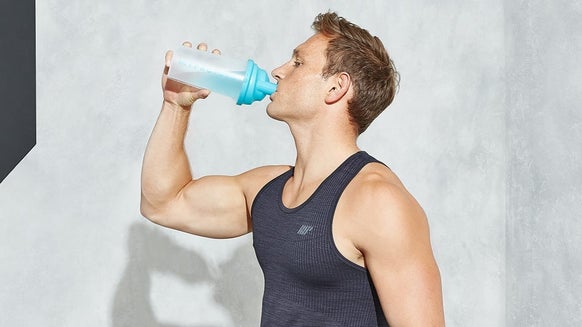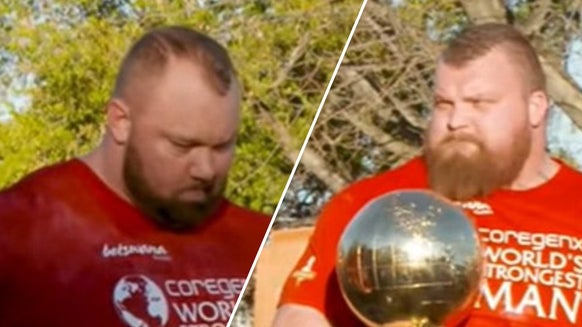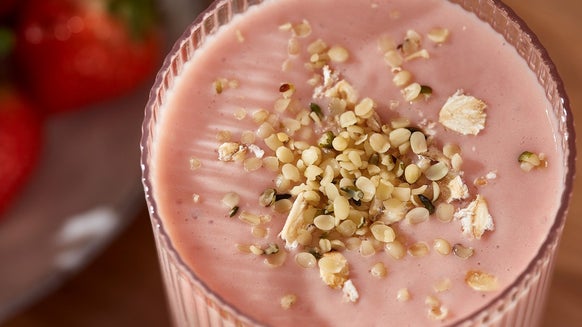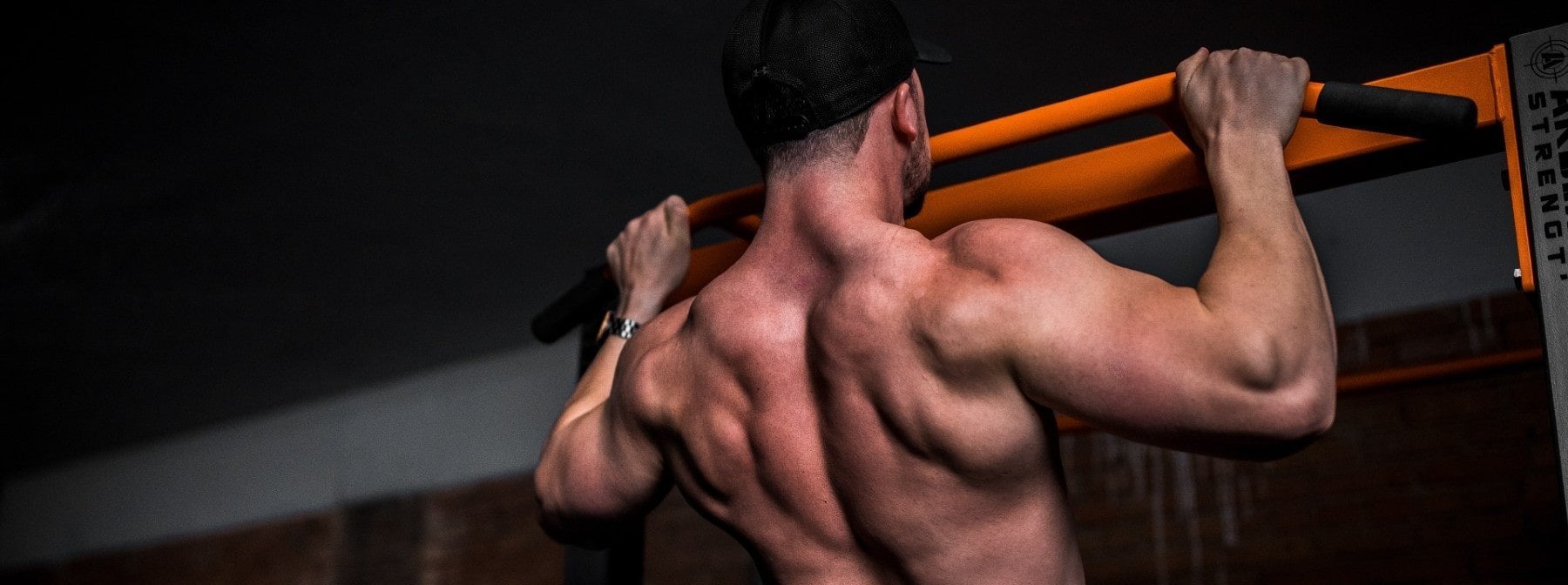
Building muscle while cutting body fat to achieve a competition physique is not easy to do. It takes time, dedication and planning. Along with the optimal training plan, getting your nutrition right is fundamental to the process. Here are seven tips to help you optimize your bodybuilding nutrition.
How necessary is nutrition to bodybuilding?
Nutrition is an essential part of bodybuilding. Consuming the right nutrients will help fuel your body for training, enable faster recovery, and contribute to body composition.
As training demands change over the course of a season, so do nutritional requirements. Carefully planning your diet is the best way to ensure these demands are met.
Here are some tips to help you get started:

1. Consume enough high-quality protein
Consuming enough protein is essential for building muscle. It has been suggested that 1.6g per kilogram of body weight per day is recommended for strength athletes. (1) For bodybuilders in the off season looking to increase muscle mass, an intake of 1.6-2.2g per kilogram of body weight per day is recommended. (2)
Additionally, the evidence shows that while in a calorie deficit, a higher protein intake may be needed to prevent the loss of lean muscle mass. So the recommended protein intake for bodybuilders preparing for competition is between 2.3-3.1g per kilogram of body weight per day. (3)
In addition to the total amount of protein consumed, it’s also important to consider protein quality. Protein sources must contain certain amino acids, like lysine and methionine, needed for muscle growth. (4)
When aiming to reduce calories, leaner sources of protein are best. Some of the best protein sources for bodybuilding include chicken breast, turkey, white fish and whey protein.
Check out this whey protein recipe for inspiration:
2. Eat at regular intervals throughout the day
Evidence suggests that distributing protein throughout the day has a greater impact on building muscle. (2) Regular consumption of protein will help to maximize muscle protein synthesis and control appetite. (3)
As with most things in nutrition, more isn’t necessarily better, and there is evidence to show that too many meals will actually have a negative effect on muscle preservation and appetite control. (3)
Therefore, the recommended meal frequency for bodybuilders is between 3-6 meals a day, consisting of a minimum of 20g of protein. (3)
3. Consume the right amount of carbohydrates
Resistance training uses glycogen as a fuel source, so in order to get the most out of gym sessions, it’s important to get carbohydrate intake right. (5) The recommendations for strength athletes (which includes bodybuilders) is between 4-7g per kilogram of body weight per day. (5)
The exact total will depend on the training phase. For bodybuilders wanting to reduce body fat, higher carb intakes will make calorie targets more difficult. For bodybuilders in a bulking phase, a higher carb intake is recommended.
Learn more about carbohydrates here:
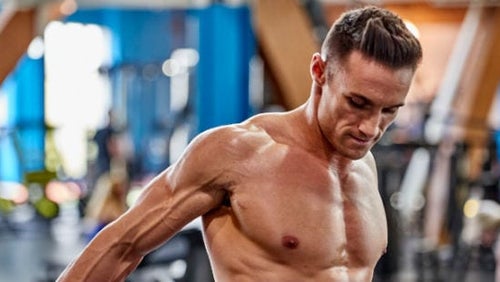
Are Carbohydrates Truly Essential?
4. Don't drop fat intake too low
Fat is the most calorific macronutrient, with nine calories per gram compared to four calories per gram for carbohydrates and protein. Therefore, when reducing your calorie intake, it makes sense to reduce fat content.
However, extremely low-fat intakes have been shown to reduce testosterone levels and may have a negative impact on lean muscle mass. (3)
Bodybuilders should consume between 15-30% of their calories from fat in order to prevent loses in lean muscle mass and to ensure protein and carbohydrate intakes remain optimal. (3)
5. Choose effective supplements
The most important element of your nutrition is getting your food right. However, once you are consistently getting the basics right, supplements can help your progress. Currently, the evidence suggests that some of the most effective supplements for bodybuilding include:
Creatine
Creatine is one of the most effective supplements for building muscle mass. A creatine loading phase followed by a maintenance dose of approximately 5g per day has been shown to enhance lean muscle mass. (6)
Beta-alanine
Beta-alanine helps the body to produce carnosine, which acts as a buffer to fatigue. This enables the body to perform higher-intensity exercises, like lifting weights. Consuming approximately 6g per day may help exercise performance and boost lean muscle gains. (7)
Branched-chain amino acids (BCAAs)
There is evidence to show that BCAAs can help reduce the sensation of DOMS (delayed onset of muscle soreness) after a workout. A dose of 255mg per kilogram of body weight per day has been seen to reduce DOMS symptoms. (8)
6. Don’t forget about micronutrients
Some bodybuilders suffer from micronutrient deficiencies, especially during contest preparation. (3) This may be due to restricting specific food groups and eating the same foods at each meal.
Consuming a wide variety of foods will help this, and a multivitamin supplement is also worth considering.
7. Give yourself enough time
Whether building muscle or cutting down body fat, physique changes take time. During a building phase, increasing body weight by approximately 0.25-0.5% a week is a good target to aim for. (2) This can be achieved by consuming 10-20% more calories than a maintenance calorie intake. (2)
To reduce body fat, an energy deficit is needed. However, it’s important to consider that larger energy deficits increase the risk of losing muscle.
Bodybuilders should give themselves enough time to reduce body fat and do things gradually to prevent muscle loss. Bodybuilders should aim for a weekly weight loss of 0.5-1% for a period of 2-4 months, depending on how lean they are to start with. (3)
Take home message
Getting your nutrition right is critically important for bodybuilders as achieving the desired physique takes time, consistency, and careful planning.
Making sure you are hitting the fundamentals is key, and this includes getting your calorie, macronutrient and micronutrient intakes right, timing your meals appropriately, and choosing the best supplements to support your training.
Want to see more articles like this?
READ THESE NEXT:
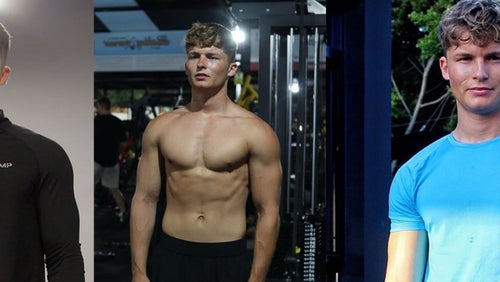
I Tried Vegan Supps For 30 Days & I'm Not Going Back
Our inspiration this vegan month. ...

Esports Nutrition: How Important Is It?
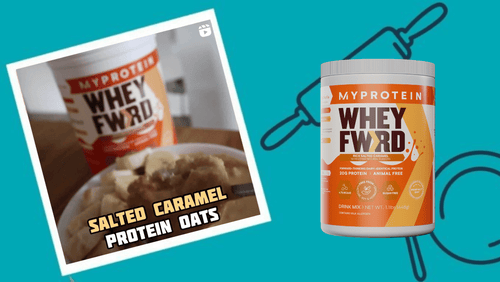
Salted Caramel Protein Oats Recipe | Whey Forward
A declicious way to add Whey Forward to your routine....
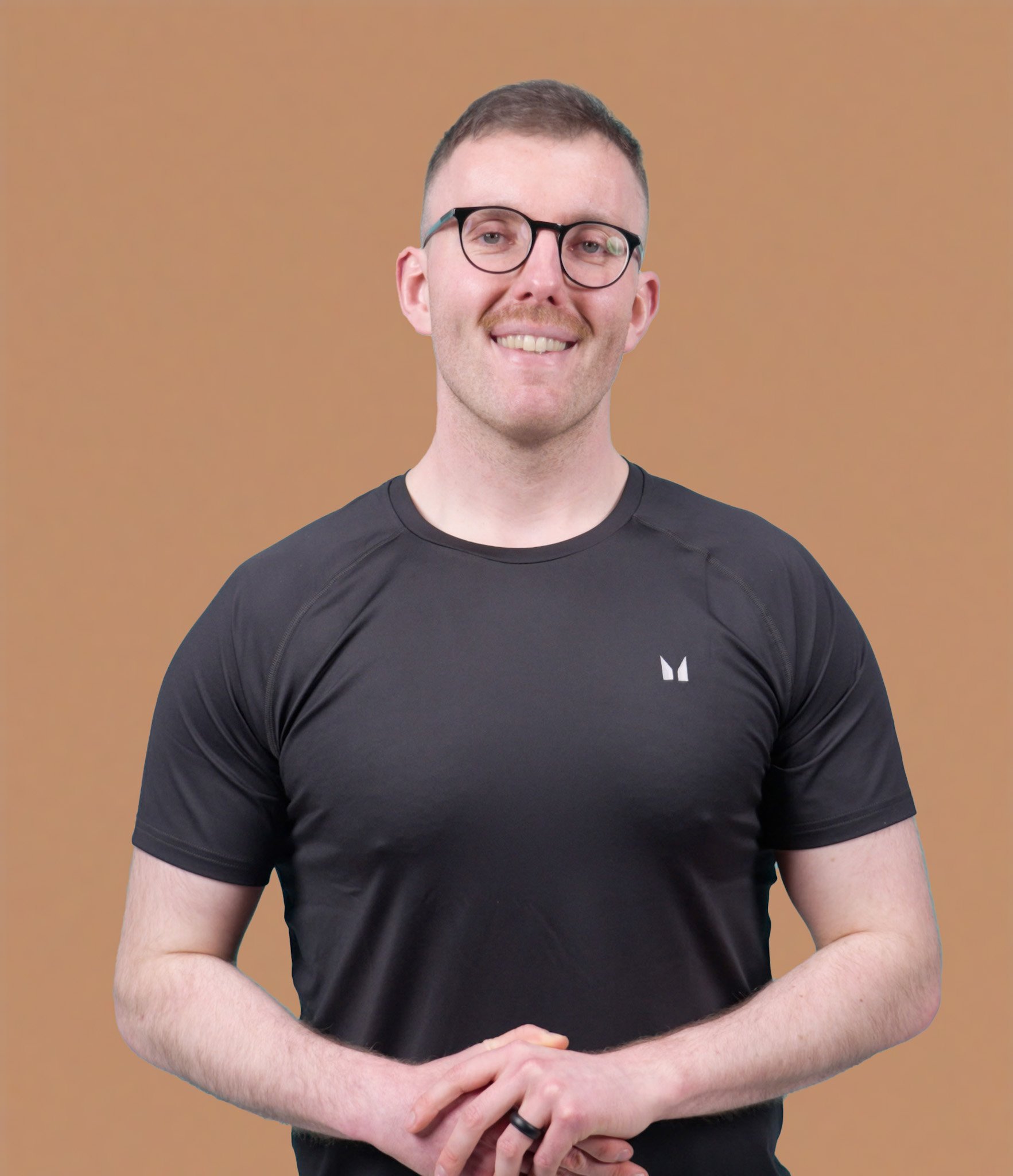
- Morton RW, Murphy KT, McKellar SR, Schoenfeld BJ, Henselmans M, Helms E, Aragon AA, Devries MC, Banfield L, Krieger JW, Phillips SM. A systematic review, meta-analysis and meta-regression of the effect of protein supplementation on resistance training-induced gains in muscle mass and strength in healthy adults. Br J Sports Med. 2018 Mar;52(6):376-384. doi: 10.1136/bjsports-2017-097608. Epub 2017 Jul 11. Erratum in: Br J Sports Med. 2020 Oct;54(19):e7. PMID: 28698222; PMCID: PMC5867436.
- Iraki J, Fitschen P, Espinar S, Helms E. Nutrition Recommendations for Bodybuilders in the Off-Season: A Narrative Review. Sports (Basel). 2019 Jun 26;7(7):154. doi: 10.3390/sports7070154. PMID: 31247944; PMCID: PMC6680710.
- Helms, E.R., Aragon, A.A. & Fitschen, P.J. Evidence-based recommendations for natural bodybuilding contest preparation: nutrition and supplementation. J Int Soc Sports Nutr11, 20 (2014). https://doi.org/10.1186/1550-2783-11-20
- Gorissen SHM, Witard OC. Characterising the muscle anabolic potential of dairy, meat and plant-based protein sources in older adults. Proc Nutr Soc. 2018 Feb;77(1):20-31. doi: 10.1017/S002966511700194X. Epub 2017 Aug 29. PMID: 28847314.
- Henselmans M, Bjørnsen T, Hedderman R, Vårvik FT. The Effect of Carbohydrate Intake on Strength and Resistance Training Performance: A Systematic Review. Nutrients. 2022 Feb 18;14(4):856. doi: 10.3390/nu14040856. PMID: 35215506; PMCID: PMC8878406
- Buford TW, Kreider RB, Stout JR, Greenwood M, Campbell B, Spano M, Ziegenfuss T, Lopez H, Landis J, Antonio J. International Society of Sports Nutrition position stand: creatine supplementation and exercise. J Int Soc Sports Nutr. 2007 Aug 30;4:6. doi: 10.1186/1550-2783-4-6. PMID: 17908288; PMCID: PMC2048496.
- Harris RC, Tallon MJ, Dunnett M, Boobis L, Coakley J, Kim HJ, Fallowfield JL, Hill CA, Sale C, Wise JA: The absorption of orally supplied beta-alanine and its effect on muscle carnosine synthesis in human vastus lateralis. Amino Acids. 2006, 30: 279-289. 10.1007/s00726-006-0299-9.
- Weber MG, Dias SS, de Angelis TR, Fernandes EV, Bernardes AG, Milanez VF, Jussiani EI, de Paula Ramos S. The use of BCAA to decrease delayed-onset muscle soreness after a single bout of exercise: a systematic review and meta-analysis. Amino Acids. 2021 Nov;53(11):1663-1678. doi: 10.1007/s00726-021-03089-2. Epub 2021 Oct 20. PMID: 34669012.


